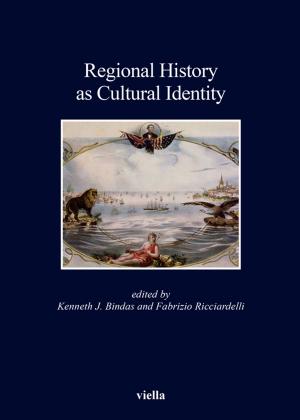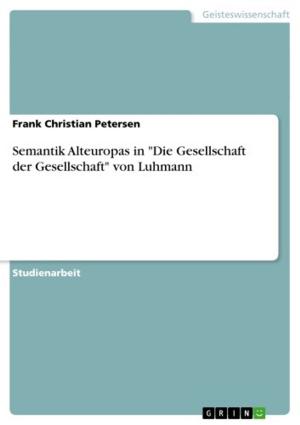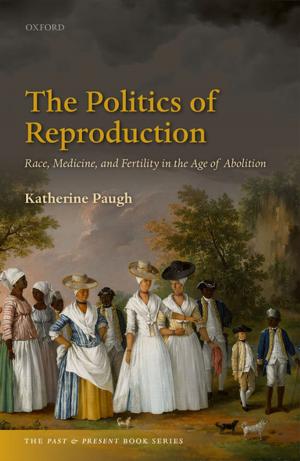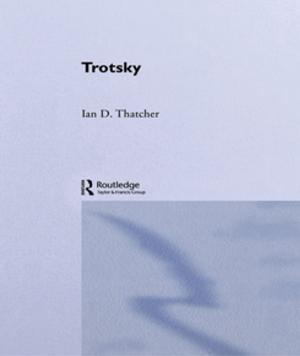Reformations of Martin Luther
Nonfiction, Religion & Spirituality, Christianity, Denominations, Lutheran, History, Modern| Author: | Mercia McMahon | ISBN: | 9781910354087 |
| Publisher: | MMMporium | Publication: | January 30, 2018 |
| Imprint: | Smashwords Edition | Language: | English |
| Author: | Mercia McMahon |
| ISBN: | 9781910354087 |
| Publisher: | MMMporium |
| Publication: | January 30, 2018 |
| Imprint: | Smashwords Edition |
| Language: | English |
The inspiration for writing this book on Martin Luther was the 500th anniversary of his 95 Theses or Disputation on the Power and Efficacy of Indulgences. This event on 31 October 1517 has subsequently been deemed the birth of Protestantism, even though it is almost certain that Luther did not nail the 95 Theses to the church door in Wittenberg on that or any subsequent day. This book sets out the claim that Luther began as an accidental hero and later became stridently in favour of a break with Rome, even though he preferred to maintain much more of the traditional practices of the church than some of his fellow reformers.
The focus of the book is not on Luther's doctrines, but on the political context that allowed him and his supporters to survive long enough for Protestantism to establish itself within the Holy Roman Empire of the German Nation (roughly coterminous with preset-day Germany). The book explores the myth of the theses being nailed to the church door, the topics covered in the 95 Theses, the gathering storm as Luther's attempt to spark an academic debate led to condemnations of heresy and threats to his life, the Diet of Worms at which Luther is condemned as both a heretic and outlaw by the Emperor, the creation of Lutheranism, and the disunity among Protestant Reformers. The book concludes with an epilogue dealing with the danger faced by Lutheranism (especially in the Schmalkaldic Wars) after its founder's death and the 1555 Peace of Augsburg that guaranteed a prince's right to choose Lutheranism or Catholicism as the religion of his territory.
The inspiration for writing this book on Martin Luther was the 500th anniversary of his 95 Theses or Disputation on the Power and Efficacy of Indulgences. This event on 31 October 1517 has subsequently been deemed the birth of Protestantism, even though it is almost certain that Luther did not nail the 95 Theses to the church door in Wittenberg on that or any subsequent day. This book sets out the claim that Luther began as an accidental hero and later became stridently in favour of a break with Rome, even though he preferred to maintain much more of the traditional practices of the church than some of his fellow reformers.
The focus of the book is not on Luther's doctrines, but on the political context that allowed him and his supporters to survive long enough for Protestantism to establish itself within the Holy Roman Empire of the German Nation (roughly coterminous with preset-day Germany). The book explores the myth of the theses being nailed to the church door, the topics covered in the 95 Theses, the gathering storm as Luther's attempt to spark an academic debate led to condemnations of heresy and threats to his life, the Diet of Worms at which Luther is condemned as both a heretic and outlaw by the Emperor, the creation of Lutheranism, and the disunity among Protestant Reformers. The book concludes with an epilogue dealing with the danger faced by Lutheranism (especially in the Schmalkaldic Wars) after its founder's death and the 1555 Peace of Augsburg that guaranteed a prince's right to choose Lutheranism or Catholicism as the religion of his territory.















